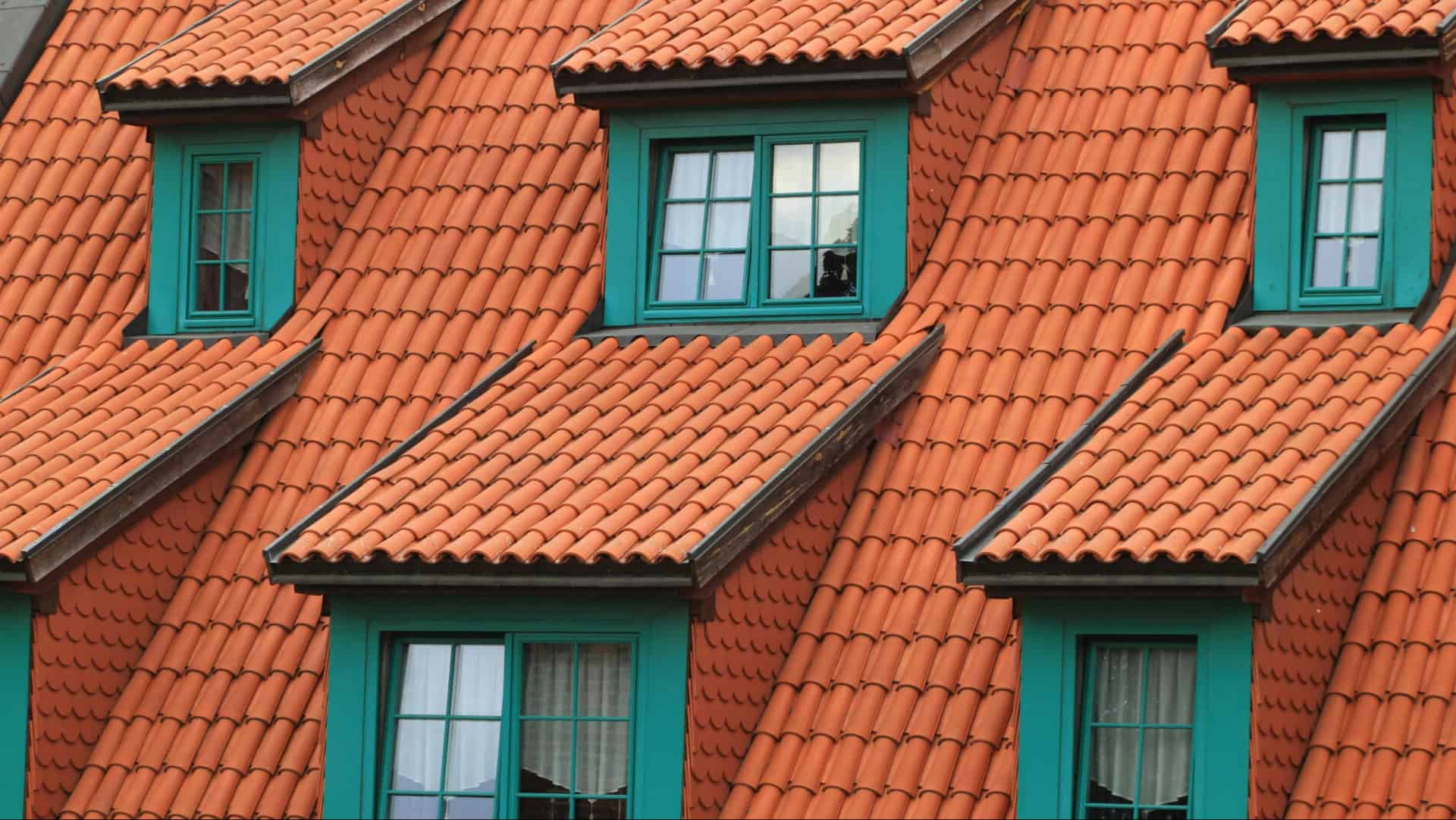While DIY repairs can offer a sense of accomplishment and save money, some projects are better left to the professionals to avoid legal repercussions.
Here are 10 DIY repairs that could land you in legal hot water!
1. Fence Building
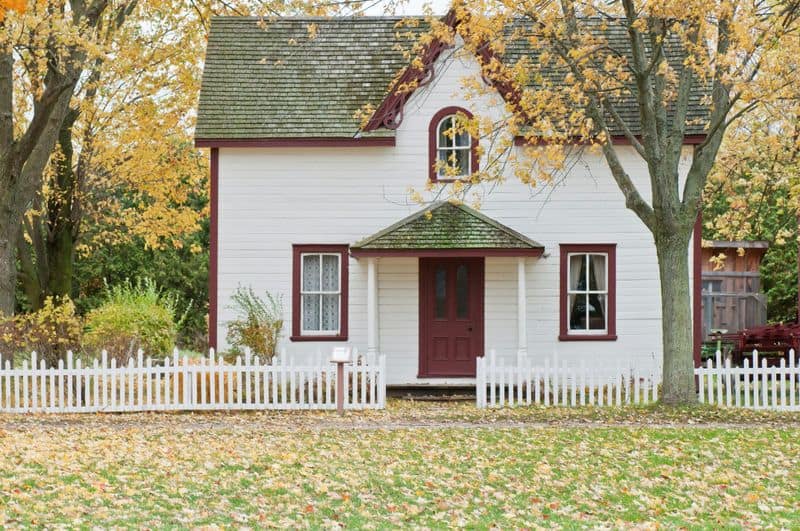
Building fences can lead to neighbor disputes if not correctly planned. Local zoning laws often dictate fence height, location, and style.
Unauthorized fences may lead to legal disputes over property lines or code violations, resulting in fines or required adjustments.
Before any construction, it’s wise to consult local regulations and possibly surveyors to ensure compliance and prevent conflicts.
2. Tree Removal

Felling trees might seem straightforward, but it can result in disputes and legal battles. Trees near property lines or protected species often require permits for removal.
Unauthorized cutting can lead to costly fines and challenges from neighbors or local councils. Misjudging the tree’s fall can also cause property damage or personal injury.
Consulting an arborist ensures compliance with local environmental regulations and safe removal.
3. Roof Repairs

Roofing seems like a manageable task, but improper repairs can cause significant issues. Unqualified fixes might violate local building codes, leading to fines.
An incorrectly repaired roof can also lead to leaks, causing structural damage and mold growth. If roof failure occurs, the homeowner might face legal action from tenants or neighbors.
It’s advisable to hire a licensed roofer who understands local regulations and ensures all repairs meet safety standards.
4. HVAC System Installation
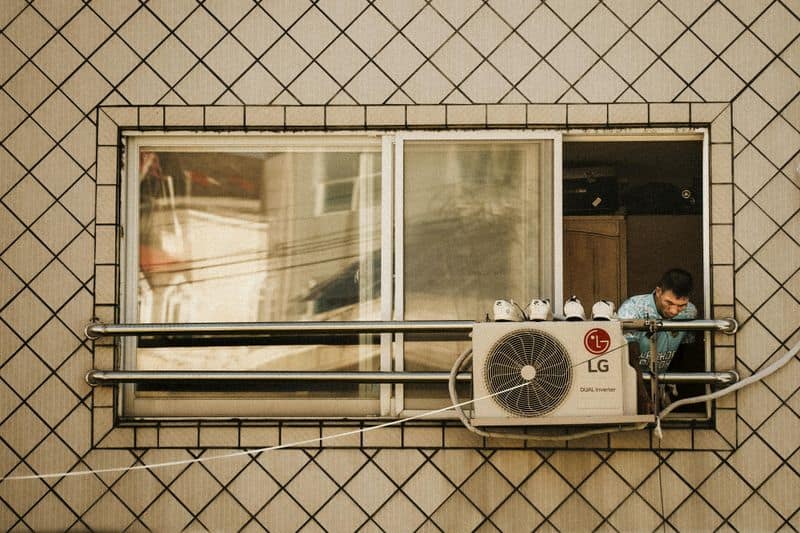
Installing or significantly altering HVAC systems requires specialized knowledge and permits.
Unlicensed work can breach local regulations and lead to safety hazards.
Incorrect installation might cause system failures, inefficiency, or even dangerous carbon monoxide leaks.
Home insurance claims may be denied if problems stem from non-compliant installations.
It’s essential to hire certified HVAC technicians to ensure installations meet legal and safety standards.
5. Gas Line Adjustments
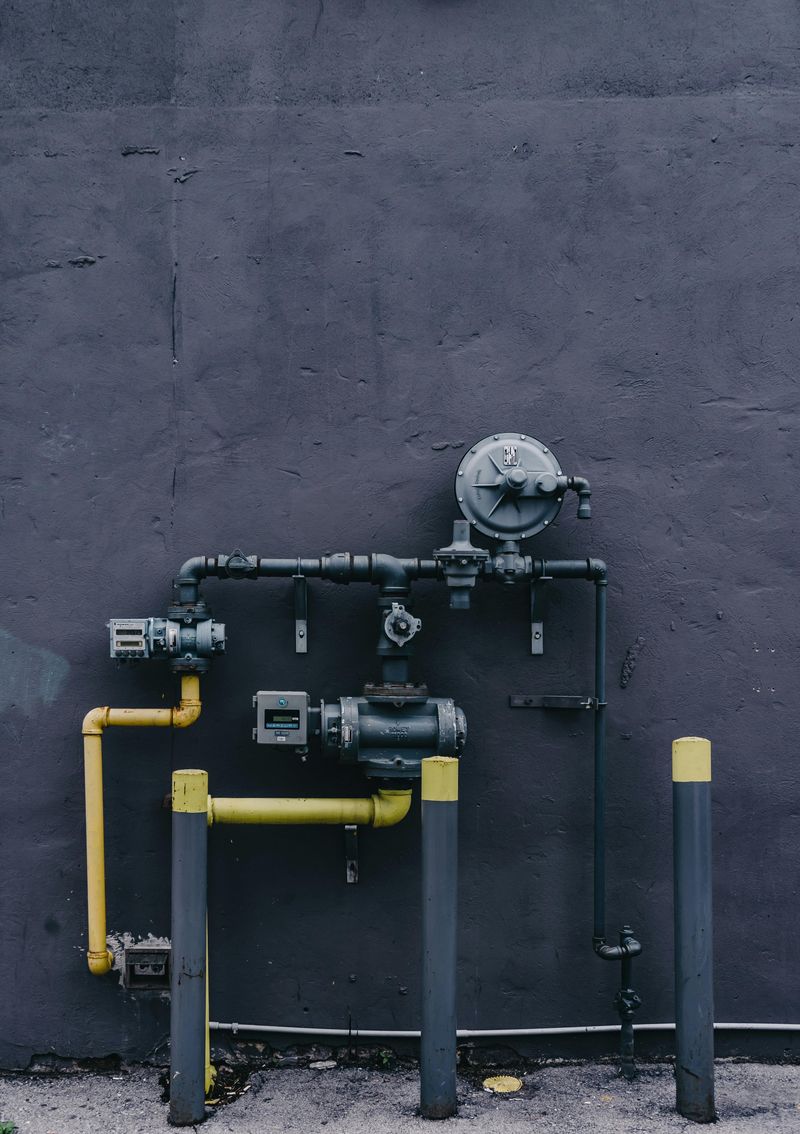
Adjusting gas lines is inherently dangerous and often illegal without a professional license. Mishandling can lead to gas leaks, posing explosion risks.
Local laws typically restrict such work to certified professionals who understand safety protocols.
Improper adjustments might void home insurance policies, leaving the homeowner liable for any accidents. Ensuring compliance with legal standards is critical.
Call a licensed gas fitter to handle any gas-related issues safely and legally.
6. Asbestos Removal
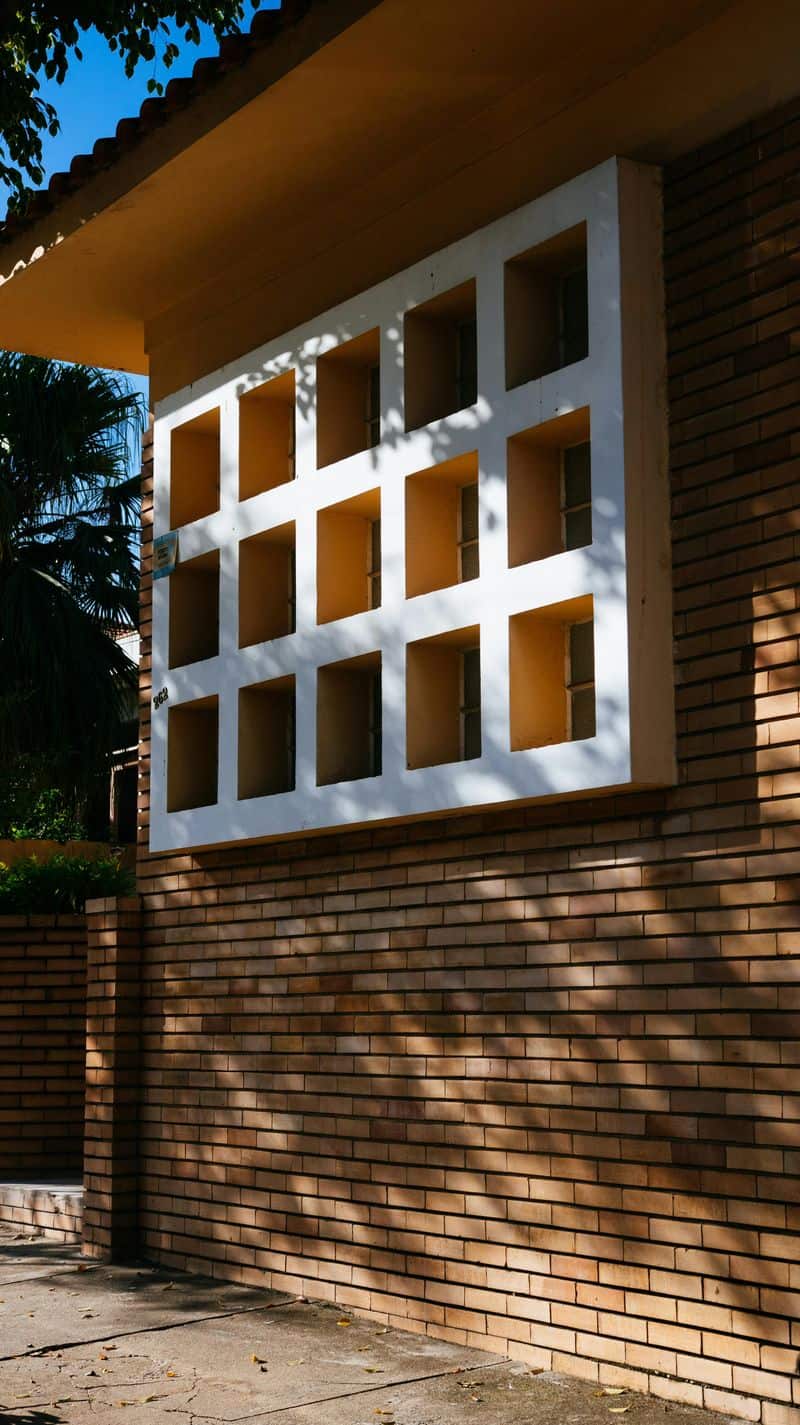
Asbestos removal is a highly regulated task due to health risks. Untrained handling can release hazardous fibers, violating environmental and safety laws.
Legal penalties for improper asbestos removal can be severe, including fines and potential lawsuits. Homeowners might also face litigation if asbestos exposure affects neighbors.
Certified asbestos professionals are equipped to manage removal safely and within legal guidelines, protecting health and property.
7. Septic System Repairs
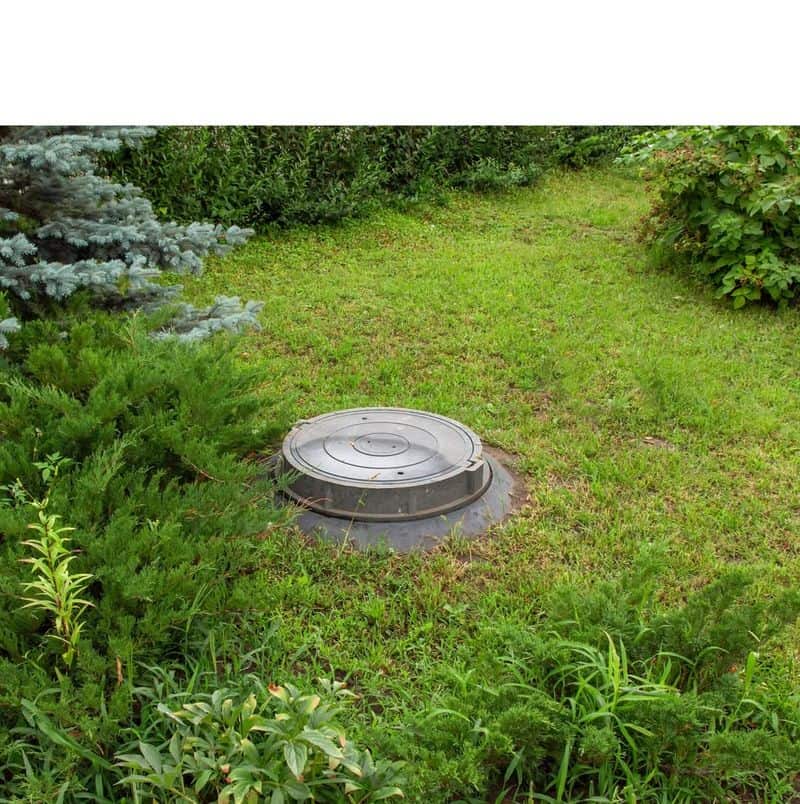
Septic system repairs require professional oversight due to health and environmental risks. Local laws often mandate permits and licensed work.
Improper repairs can lead to serious sanitation issues, ground contamination, and legal liabilities. If the system fails, homeowners might face fines or lawsuits.
Engaging a licensed septic professional ensures repairs adhere to legal requirements and safeguard environmental health.
8. Structural Modifications
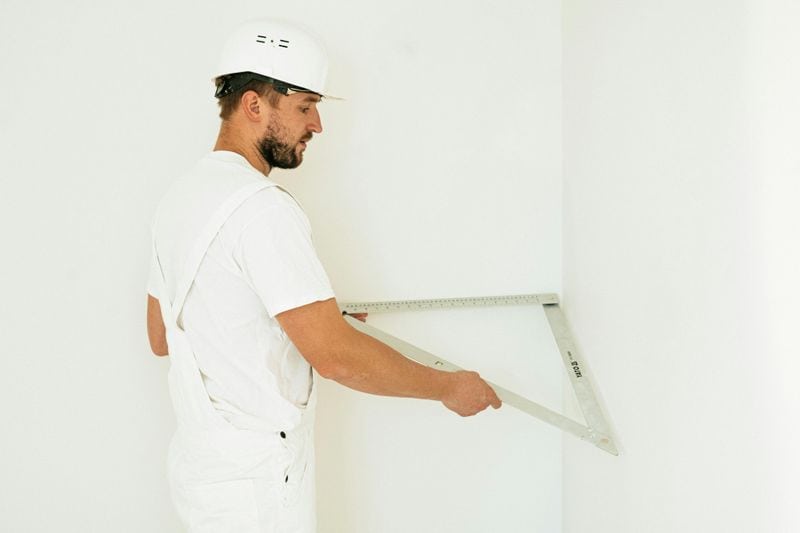
Removing walls or altering structural elements requires more than enthusiasm – it demands expertise. Such modifications often need permits and adherence to building codes.
Unauthorized changes can undermine a structure’s integrity, posing safety risks, and may result in hefty fines.
Homeowners might face legal consequences if structural failures affect adjacent properties.
Always consult a structural engineer or qualified contractor to ensure modifications meet legal and safety requirements.
9. Plumbing Overhauls
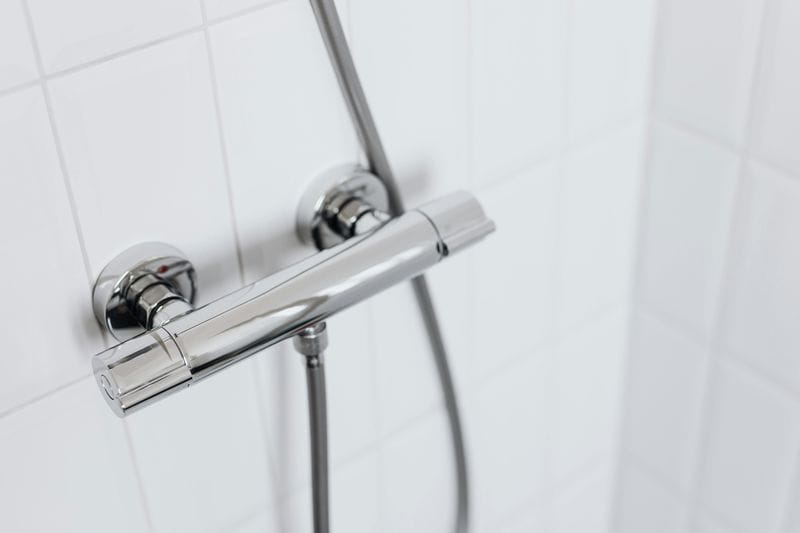
Tackling major plumbing projects without proper knowledge can infringe on local laws. Such tasks may require permits and professional oversight to ensure compliance with sanitary codes.
Inadequate plumbing work can lead to leaks, water damage, and even health hazards if it contaminates the water supply.
If problems arise, legal accountability may fall on the homeowner. Hiring a licensed plumber ensures all work is legally compliant and safely executed.
10. Electrical Wiring

Tinkering with electrical wiring might seem straightforward, but it’s fraught with legal and safety pitfalls. Unlicensed electrical work can qualify as illegal in many jurisdictions.
Incorrect wiring can lead to fires, posing a danger to inhabitants.
Some areas require permits for electrical work, and unapproved modifications may void insurance. If an accident occurs, liability may fall on the homeowner.
Always consult a certified electrician for electrical repairs to ensure compliance with local laws and safety standards.

